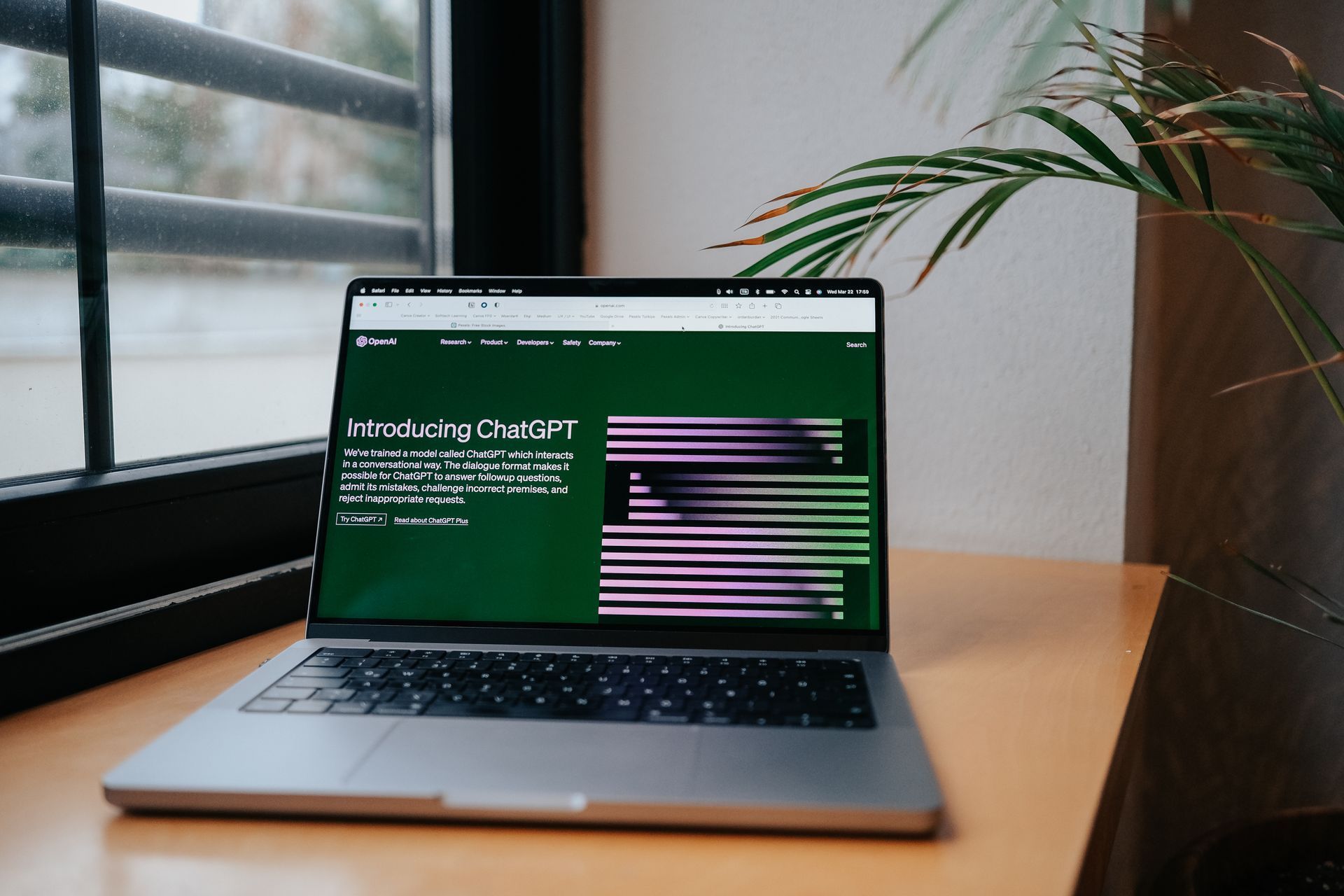The AI Frontier: OpenAI's Early Lead Versus Google's Data Dynasty
The AI Frontier: OpenAI's Early Lead Versus Google's Data Dynasty

In the rapidly evolving realm of artificial intelligence, being first to market often bestows a significant competitive advantage. OpenAI seized this advantage with the release of its ChatGPT, setting a new standard in the field of conversational AI. This move has left other tech behemoths, notably Google, in a position where they have to pivot quickly to catch up. However, the race is far from over, and the extensive data reservoirs that Google possesses might be a game-changer in the long run.
OpenAI's foray into the market with ChatGPT wasn't just about being first; it was about delivering a product that pushed the boundaries of what conversational AI could achieve. With a model trained on a diverse range of internet text, ChatGPT showcased a significant advancement in natural language understanding and generation. It brought a new level of sophistication to AI-human interaction, making conversations more coherent, contextually aware, and human-like.
However, the pivot from Google was swift and noteworthy. Known for its innovation and robust R&D capabilities, Google has been working tirelessly to close the gap. The tech giant's DeepMind has been making strides in the AI arena, with models like GPT-3.5 Turbo showcasing their prowess. Yet, the ace up Google's sleeve is undoubtedly its vast trove of data. In a domain where data is king, Google's unparalleled access to a wide array of data through its search engine, YouTube, and other platforms could provide the critical edge needed to leapfrog over OpenAI in the near future.
The battle between OpenAI and Google is emblematic of a larger narrative unfolding in the tech world. It's a battle of innovation versus data, of being first to market versus having the resources to dominate the market eventually. While OpenAI's early market entry has set a high bar, Google's data empire and technological resources are formidable.
As the competition intensifies, the winner is yet to be determined. What is clear, however, is that this rivalry is poised to drive the frontier of conversational AI to new heights, making beneficiaries out of businesses and end-users alike. The continual advancements from both entities are eagerly watched by the industry, with each stride and counter-stride bringing us closer to a future where interacting with AI is as natural as speaking to another human.
In conclusion, the race between OpenAI and Google is a fascinating spectacle of technological rivalry. It's a long fight, and the winner is anyone's guess. Yet, the ultimate victor in this battle is the global user base, as they stand to reap the benefits of more sophisticated, intuitive, and capable conversational AI systems.

